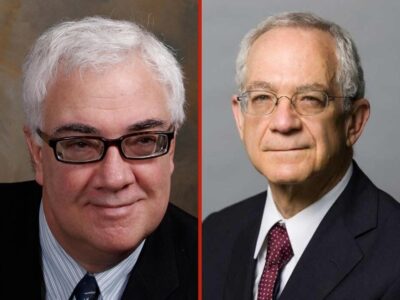Medicare Advantage, the private insurance alternative to traditional Medicare, is popular for several reasons: lower premiums, dental and vision coverage, and a cap on out-of-pocket costs.
The American Cancer Society’s Cancer Facts & Figures 2023, released last week, reports that the five-year survival rate for pancreatic cancer is now 12%, an increase of one percentage point from last year.
A personalized mRNA cancer vaccine sponsored by Moderna and Merck has the potential to change the standard of care for melanoma patients—and reshape the landscape of cancer vaccines—if the company’s latest data on the vaccine are validated in a phase III clinical trial.
Pragmatica-Lung is shaping up as the clinical trial to watch—not just because of the research question, but because of the way it’s being addressed.
The NCI Clinical Trials and Translational Research Advisory Committee has approved an interim set of guidelines for streamlining requirements for conduct of clinical trials.
Technological advances are transforming our understanding of cancer, accelerating the evolution of new treatment approaches. In the past decades, researchers deploying new techniques for analyzing DNA have extended our knowledge of inherited genetic abnormalities that can predispose a person to develop colorectal and other cancers.
We live in an era of quality monitoring—from the quality of products, like water or refrigerators, to the quality of customer service received from repair technicians, food delivery services, and even customer service representatives. This drive for quality measurement has naturally spread into the world of medicine.
For the past several years, interest in FLASH radiation therapy research has surged in the oncology community. It is arguably one of the hottest topics in cancer care today, with the potential to shift the trajectory of treatment in ways that were once only imaginable. xxx:more
Before the results of the ANal Cancer/HSIL Outcomes Research (ANCHOR) study became available earlier this week, there was no clear reason to screen for the anal cancer precursor, anal high-grade squamous intraepithelial lesions (HSIL).
All fourteen rectal cancer patients in a small phase II study of dostarlimab, an anti-PD-1 monoclonal antibody, saw their cancer completely disappear—with no progression or recurrence at follow-up six to 25 months later. None of the patients required further chemotherapy, radiation, or surgery.















